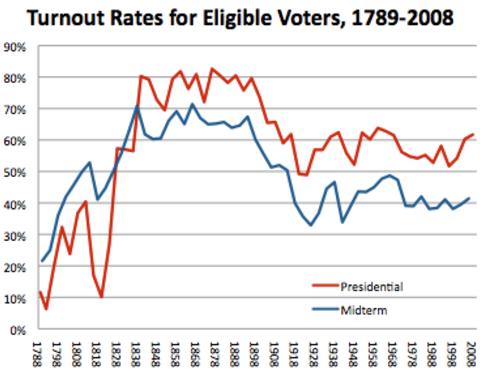 Last week in The National Interest, Robert Farley wrote a fascinating article about how a war with Iran would go, Exposed: America Can’t Blow Up Iran’s Nukes. As I’m sure you will not be shocked to hear, those pushing for war with Iran have not thought this whole thing through. I think it is just a matter that a lot of people believe in the magic of total war, “If we can just fight Iran the way we fought Hitler, all will be well!” It’s just rubbish that shows as much ignorance about World War II as it does about the current situation with Iran.
Last week in The National Interest, Robert Farley wrote a fascinating article about how a war with Iran would go, Exposed: America Can’t Blow Up Iran’s Nukes. As I’m sure you will not be shocked to hear, those pushing for war with Iran have not thought this whole thing through. I think it is just a matter that a lot of people believe in the magic of total war, “If we can just fight Iran the way we fought Hitler, all will be well!” It’s just rubbish that shows as much ignorance about World War II as it does about the current situation with Iran.
Farley started the article with an overview of the situation in the Middle East. It isn’t good. Because of our brilliant idea to get rid of Saddam Hussein, we’ve created a power vacuum in the region. This was predictable. But what it means is that Iran and Saudi Arabia are fighting for control. And it ain’t pretty. According to Farley, there has been a massive military buildup in the region, “Saudi Arabia purchases more arms in a year than Tehran’s entire defense budget.” It’s a totally messed up situation. A deal with Iran is probably the only way to cool what has turned into an arms race.
The most important takeaway from the article is that we can’t just drop a few bombs and knock out Iran’s nuclear program. If by “total war” the military hawks mean “perpetual war,” then they might be right. Farley noted, “If the United States launches a major strike on Iran, it can expect to launch another strike in a few years, and another strike a few years later.” But as time went on, Iran would become better at securing its operations from attack. And that would mean either we lose in our efforts or we continuously increase our attacks.
Another issue is that attacking Iran will only make it more sympathetic to the worldwide community. And Russia and China would help Iran from the start. That means, one way or another, the Iranian government would get the most sophisticated military equipment in existence. So basically, we aren’t capable of quickly knocking out Iran in a way that wouldn’t also start World War III. Any military action against Iran would require continuous attacks on Iran. And in the end we would fail to achieve our stated objectives.
Of course, I don’t think that the “Bomb, bomb bomb; bomb, bomb Iran” crowd wants war with Iran because it will make the US safer or the world a better place. These same people never talk about doing anything to North Korea. They just want another chance to have another bloody good war. And this is why we run into the same thing again and again: we start a war and it is reasonably popular. But then, as time goes on, the people tire of it and wonder why we got into the war in the first place. But the cheerleaders for the war are never held to account.
This isn’t about power. No one doubts that the United States has the most powerful military in the world. But I’m not sure that people quite understand how costly was everyone’s idea of a just war: World War II. Conservative estimates indicate that the war directly cost the lives of 60 million people. The vast majority of those (especially civilians) were on the Ally side. I don’t think the Allies had much of a choice about World War II. We definitely have a choice about Iran. As Farley noted, “The United States has the capability to inflict grievous damage on the Islamic Republic, but cannot solve the problem of Iran by bombing alone.” So the question is: what is our pain threshold? I’d have to say that it is really low. And it is best to think about this now rather than after the bombs start falling.

 Those who champion the free market as the carrier of prosperity today are not only fanciful but really hypocritical. Take Orange County, for example: the home of the Goldwater movement back in the late 1950s and the early 1960s — to this day a very conservative, right wing, affluent place. Orange Country doesn’t exist as a high tech place without the defense industries, aerospace, huge government irrigation networks, waterworks, road building, tax subsidies, tax exemptions, federal subsidies: the whole world out of which Orange County and other sun belt communities were born.
Those who champion the free market as the carrier of prosperity today are not only fanciful but really hypocritical. Take Orange County, for example: the home of the Goldwater movement back in the late 1950s and the early 1960s — to this day a very conservative, right wing, affluent place. Orange Country doesn’t exist as a high tech place without the defense industries, aerospace, huge government irrigation networks, waterworks, road building, tax subsidies, tax exemptions, federal subsidies: the whole world out of which Orange County and other sun belt communities were born. Last year I wrote,
Last year I wrote,  I just read an amazing article by Seth Masket at Pacific Standard magazine,
I just read an amazing article by Seth Masket at Pacific Standard magazine, 

 On this day back in 1683,
On this day back in 1683,